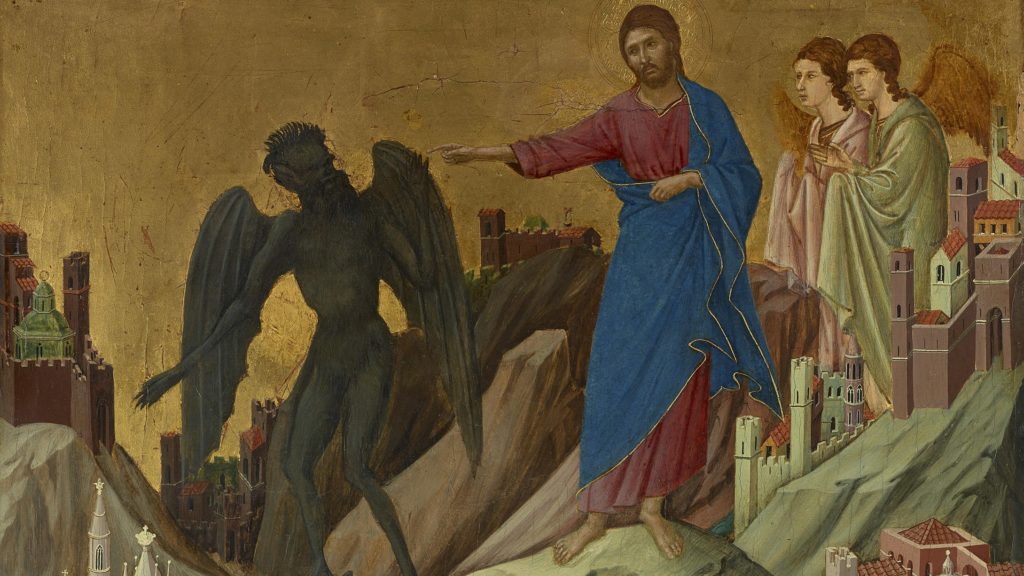Some people treat Lent as if it’s a lunar landscape suddenly dropped to earth, only to ascend and vanish again at Easter. They speak as if the disciplines of Lent are so distinct as to be alien to the rest of the year.
But that’s not the truth about Lent. Lent is the season when we live more intensely the habits we practice all year long. We lean into our fasts during Lent, but we eat and drink with moderation all year long. We pray more during Lent, but that doesn’t mean we go days without concentrated prayer during the summer. We give alms during Lent; but we tend to the needs of the poor in every season of the year.
Lent is special. We need to build the difference into our disciplines throughout these 40 days. We need to feel the difference every day.
What will you and I do differently in our prayer, fasting, and almsgiving?
It’s no small matter, and it should occupy our thoughts as Lent moves forward. The readings for Mass, like the feasts and fasts on the calendar, are never accidental; so the lectionary draws our attention to the biblical models for the season. The Catechism of the Catholic Church tells us that “the Church, especially during … Lent … rereads and relives the great events of salvation history” (n. 1095).
Lent, we find out, is an imitation of Jesus Christ, who spent 40 days fasting in the desert as he prepared for the world’s first evangelization. Jesus didn’t need to do that. He lacked nothing. He didn’t need to prepare himself for the proclamation of the kingdom. He’s God. He’s all-powerful and all-knowing. Unlike you and me, he didn’t need to purify himself of sins, because he is sinless.
So why did he do it? He did it so we would know how to do it! The Church’s calendar ensures that we’ll never forget the lesson — as long as we’re listening carefully and prayerfully. And it’s more than a lesson. The Catechism goes on to note that the liturgy empowers us as it instructs us. It gives us the grace to do what God is leading us to do: “the Church's liturgy reveals it and enables us to live it” (n. 1095; see also 540 and 1438).
The Church’s calendar is a catechism, as I pointed out in my book “Signs of Life.” The calendar is a yearlong teaching moment, but the moment is intensified during Lent.
Don’t let your Lent be wasted. Don’t let it be less than it can be — or less than God wants it to be. It’s there in our year so that we’ll seize the grace God is offering us.
Let’s dedicate the coming days to planning the coming weeks. You do it, and I’ll do it, too. Let’s make a plan for our Lenten prayer, Lenten sacrifice, Lenten giving.
Then, throughout the 40 days, let’s support one another by our mutual intercession.

